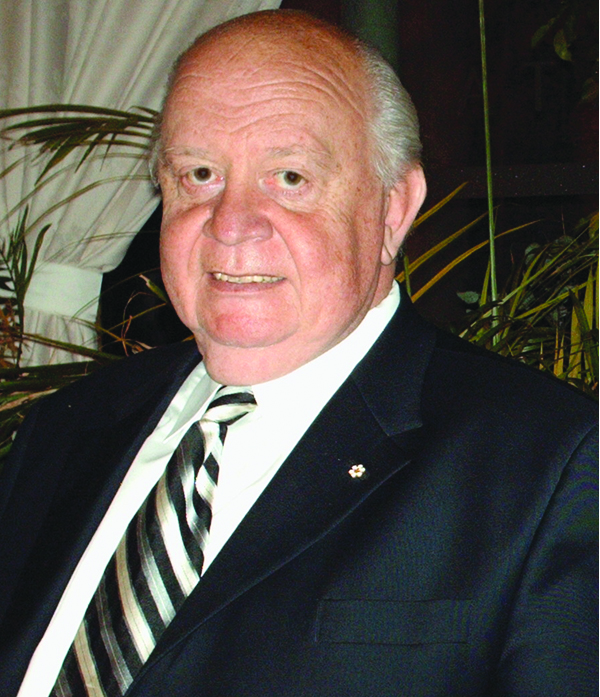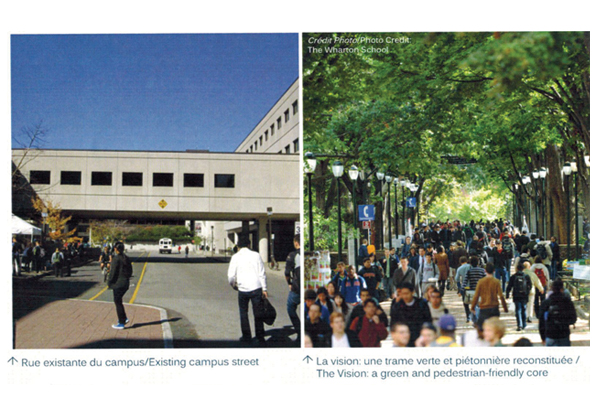The Canadian Medical Hall of Fame will induct six new scientists including Ronald Worton and Adolfo de Bold who have both worked in close collaboration with the University Of Ottawa.
Worton and de Bold will join the ranks of 101 current laureates in the Canadian Medical Hall of Fame for their exceptional contributions to medicine.
“Every award is important to me in a different way, but this is certainly the most important Canadian one,” Worton said.
“It is an honour, because it arises from recommendation of people who know you well,” said de Bold.
Worton is a professor at the U of O in the department of medicine. In 1987, Worton and his team were the first to discover the causal gene for Duchenne and Becker muscular dystrophy. The two diseases were previously thought to be different, but after careful analysis of the genes responsible for these diseases, Worton realized the same gene causes them.
Duchenne muscular dystrophy (DMD) is more severe than Becker. According to the Duchenne Muscular Dystrophy Research Fund, DMD is the most common lethal genetic disease in children worldwide. It is a progressive weakening of all the muscles in the body, including the heart, and it is 100 per cent fatal. Without treatment, affected children die between the ages of 14 and 18.
Worton said he knew how significant his discovery was going to be. While there is still no treatment for the genetic disease, his breakthrough gave pregnant and at-risk women the possibility, for the first time ever, to go through pre-natal testing to determine if their child will suffer from the illness and act in consequence.
Worton has received numerous awards including the Order of Canada. He was also the first chief operating officer and scientific director at the Ottawa Hospital Research Institute, which thrived under his direction and became one of Canada’s top health research institutes.
De Bold is the inaugural director of the University of Ottawa Heart Institute and was the doctor responsible for the discovery of the cardiac hormone atrial natriuretic factor (ANF) in 1981, which revolutionized science’s understanding of the heart.
“It establishes the heart as an endocrine organ that produces hormones,” he said. “This is a paradigm shift from centuries of considering the heart a mere mechanical pump.”
De Bold said this is particularly meaningful because the ANF and brain natriuretic peptide have important diagnostic and therapeutic uses.
While there are now about 20,000 studies on this subject, he said he had trouble having his research recognized at first.
“Like many new paradigms, the ANF discovery was not accepted very readily by scientists or accepted by prestigious journals for publication,” de Bold said.
After the experiment was repeated and validated, he received several awards and distinctions.
The induction ceremony will take place in Kingston, Ont. on April 24, 2014.





